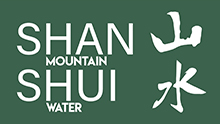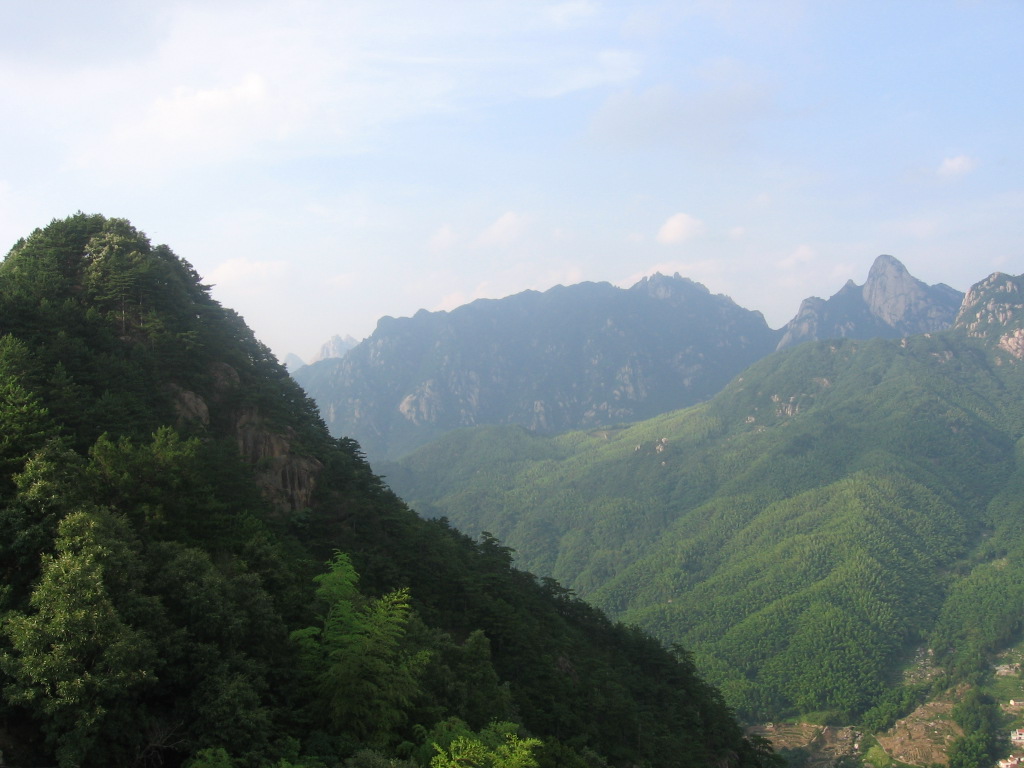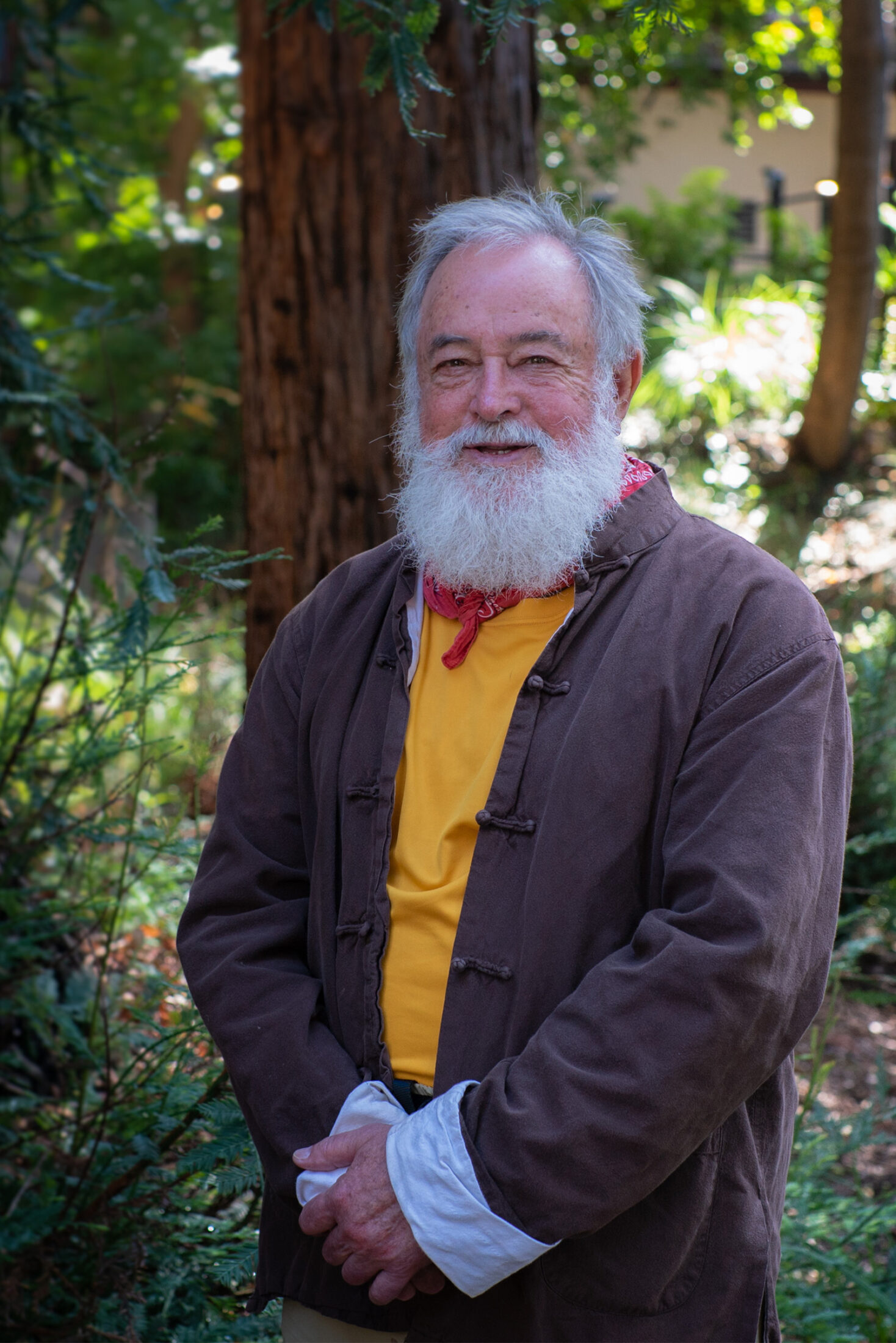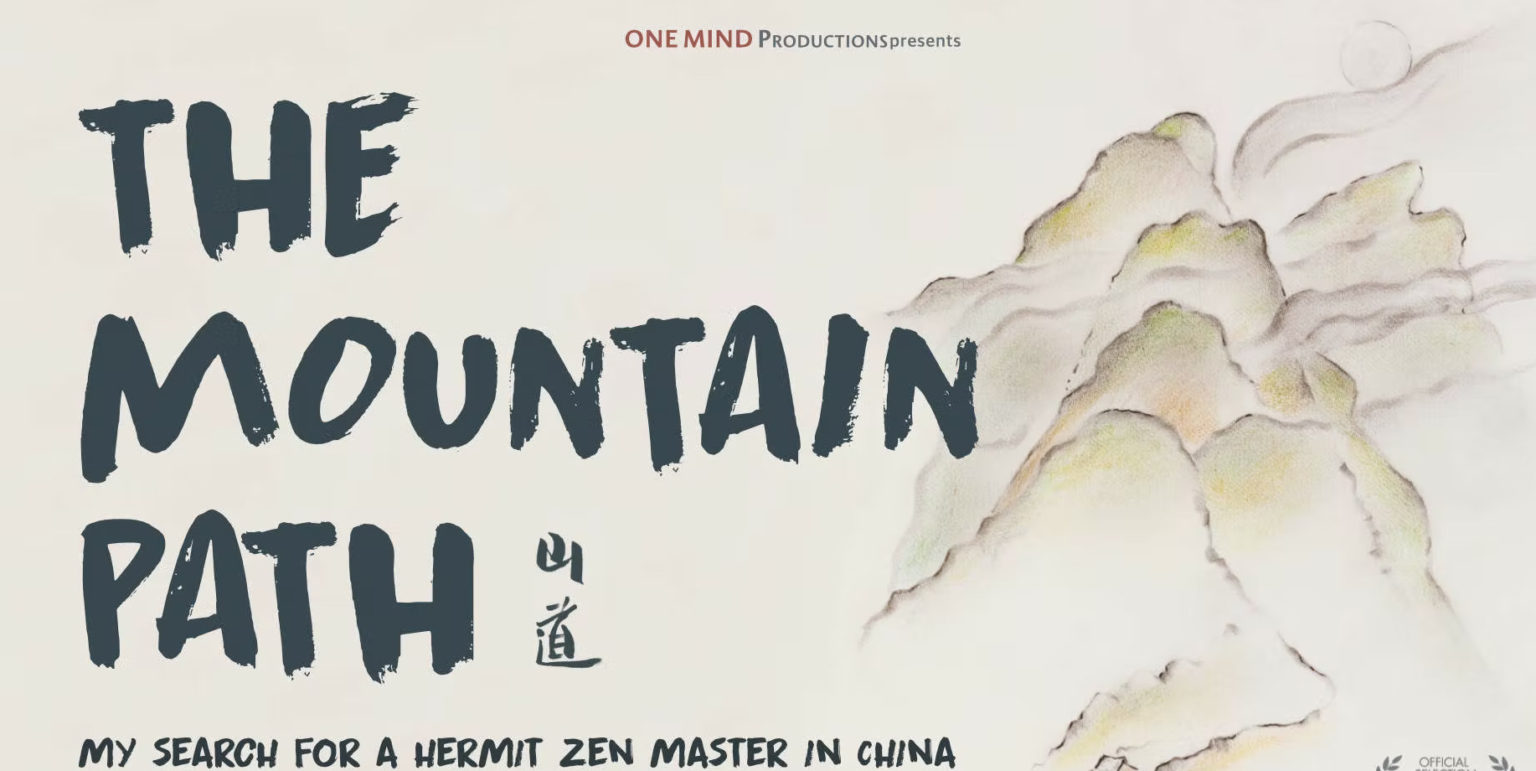
An important aspect of eremitism in historical China is the evolution of eremitical thought into aesthetic expression as poetry, then painting. Chinese hermit thought is embedded in the historical context of reclusion, wherein officials at court consciously left employment to seek anonymity in distant rural and mountainous settings. By the tenth century Song dynasty era, the poetics and philosophizing associated with eremitic life evolved into painting. The highlight school of painting is the “waters and mountains,” school, sometimes referred to in the West as the “rivers and mountains” school.
Shan Shui is a rich web-based resource, a semi-annual journal of essays and articles by Chinese and Western contributors. Shan Shui describes itself as “Mountain and Water Painting Magazine.” Studies of historical Chinese painting are featured, but the editorial goal is wider and more ambitious:to bring Chinese art, culture, and aesthetics into communication with Western counterparts, broadening the perspective of Chinese art to in order to address nature, philosophy, and understanding.
For more detail see Thatch entry for the same date.





